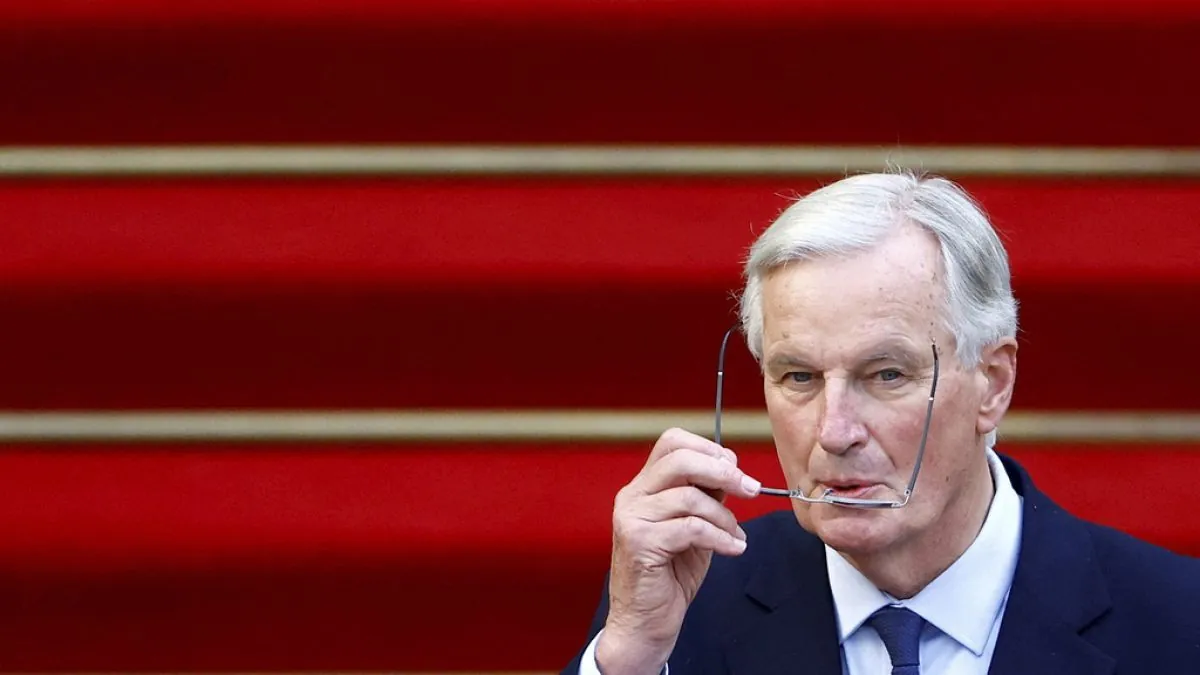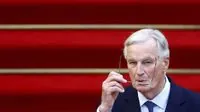Barnier's Fiscal Tightrope: France's New PM Faces Budget Crunch
Michel Barnier, France's new prime minister, confronts a daunting fiscal challenge. Balancing EU demands with domestic pressures, he considers taxing the wealthy to address a widening budget deficit.

Michel Barnier, France's newly appointed prime minister, faces a formidable challenge in addressing the nation's fiscal woes. Known for his role in Brexit negotiations, Barnier now finds himself navigating a complex financial landscape, balancing demands from Brussels with domestic political pressures.
France's fiscal situation has deteriorated significantly. The budget deficit climbed from 4.8% in 2022 to 5.5% in 2023, with projections indicating it may exceed 6% of GDP in 2024. This places France well above the European Union's 3% deficit limit, triggering concerns in Brussels and financial markets.
To address this issue, Barnier is considering implementing "targeted levies" on wealthy households. Antoine Armand, the new finance minister, emphasized the necessity of this unpopular measure given France's dire fiscal state. The country's public debt has reached €2.95 trillion, approximately 112.5% of GDP, underscoring the urgency of the situation.

Barnier's task is complicated by political opposition from both ends of the spectrum. Marine Le Pen's National Rally advocates for lowering the retirement age, while Jean-Luc Mélenchon's left-wing bloc opposes the current government. This divided parliament makes implementing significant spending cuts or tax increases challenging.
The government is exploring various options to reduce the deficit, including potential wealth taxes and freezing income tax thresholds. However, these measures may not be sufficient to address the estimated €100 billion adjustment needed to stabilize the debt-to-GDP ratio.
"The truth is that in 2024, the public deficit risks exceeding 6% of gross domestic product according to the latest estimates we have."
France's fiscal challenges are reflected in its borrowing costs, with the country now paying higher interest rates than Spain on certain bonds. This situation has raised concerns about France's credibility in international markets.
Analysts suggest that the European Union may extend the deadline for France to lower its borrowing to acceptable levels, potentially to 2029. However, even with this flexibility, France's fiscal problems may be too severe for a tax raid on the wealthy to significantly impact the situation.
As Barnier grapples with these challenges, he must navigate a delicate balance between fiscal responsibility and political feasibility. The outcome of his efforts will have significant implications for France's economic future and its standing within the European Union.


































